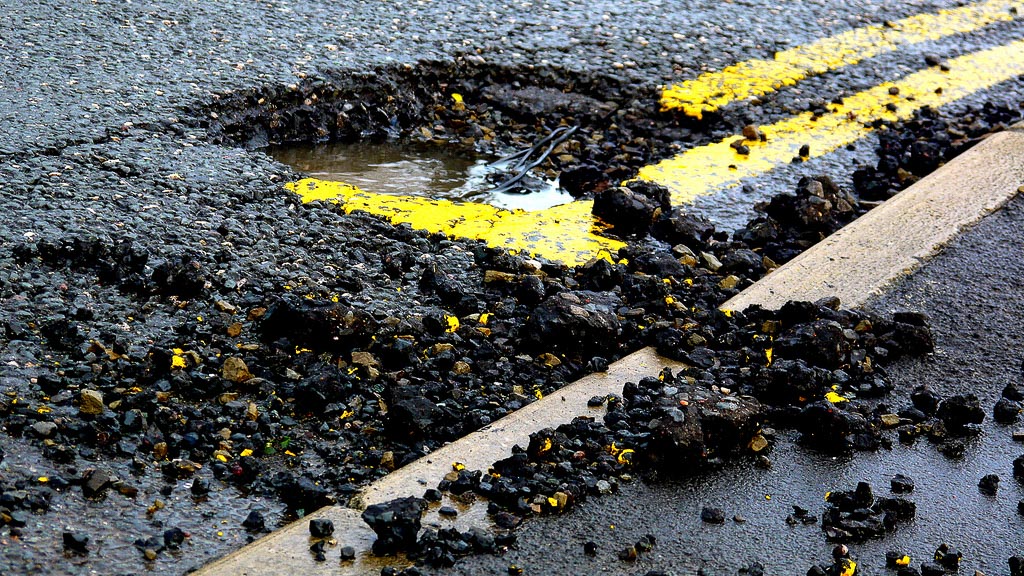While the Urban Edge strives to provide readers with daily news and insights about urban policy, we’re also voracious readers of city news ourselves. As part of a new weekly feature, senior editor Ryan Holeywell and the staff of the Kinder Institute highlight the week’s most interesting articles from around the web about urban policy and city life.
These Beautiful Aerial Photos Of L.A. Show What Income Inequality Looks Like From Above
A photo series published by Fast Company shows the striking differences between rich and poor neighborhood in Los Angeles from an unusual vantage point: above. "It's very readily apparent from the air, because you suddenly are seeing the differences in the patterns," said photographer Jeffrey Milstein. No surprises here: the wealthy neighborhoods have lots of green plants and curvy lines, while poorer neighborhoods are dense and feature muted browns as a result of fewer trees.
Mineta Report Summarizes 56 US Public Opinion Polls about Transit
The Mineta Transportation Institute assembled a "one-stop shop" for public opinion data on transit by compiling dozens of polls. The idea is to inform researchers and transportation planners about how the public views transit. Some opinions are contradictory. Generally, respondents believe transit benefits their community and relieves congestion, but fewer than half of them support increased spending on transit.
Why David Simon is Making a Show About Public Housing
David Simon, the former Baltimore Sun reporter who created HBO’s The Wire has another urban-themed show on the horizon: Show Me a Hero. The six-part miniseries is about the rancor in Yonkers, N.Y. when it tired to build public housing in middle class neighborhoods. Salon interviews Simon about that program, the Baltimore riots, and the legacy of The Wire.
A new plan emerges to save the Astrodome
As former Astros coach Yogi Berra would say, "It's like déjà vu all over again." Harris County officials say they have a plan to save the iconic Astrodome, which has sat largely vacant for the last 16 years. Harris County Judge Ed Emmett tells the Houston Chronicle a public-private partnership overseen by a conservancy – similar to the model used at Discovery Green – could help fund Astrodome preservation without the need for voter approval. Still, details of the plan are scant.
Report Reveals New York City Paid $138 Million in Settlements Related to Potholes on Roadways
The New York Times reports on the enormous financial cost of potholes to taxpayers over the last six years, who paid to compensate people who suffered injuries and damages as a result of its deteriorating roadways. The city’s potholes "deflate tires, break axles and twist ankles, often at a significant financial cost to the city," Comptroller Scott Stringer said.
After Katrina, Tulane's Architecture School Became A Community Builder
Before Hurricane Katrina, Tulane’s architecture program was "a little stuffy," not prestigious and primarily known for historic preservation, according to NPR. Today, its’ a destination for anyone interested in rethinking how to build in low-income areas. After the storm, "I sort of stopped writing papers and started taking bold steps with students to build things," Professor Scott Bernhard said.
Miami's Model for Decriminalizing Mental Illness in America
Prisons contain an estimated 10 times as many people with mental illness as state psychiatric hospitals. Governing magazine highlights efforts in Miami to train cops on how to respond to people will mental illness in an effort to reduce arrests and instead steer them to the help they need. Their efforts may be paying off. In 2013, the Miami and Miami-Dade County police responded to more than 10,000 mental health calls but made just nine arrests in those cases.

